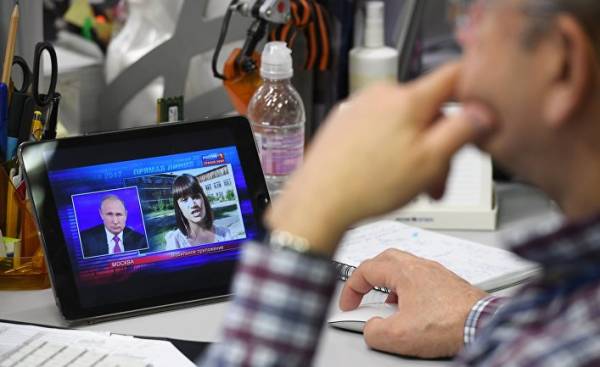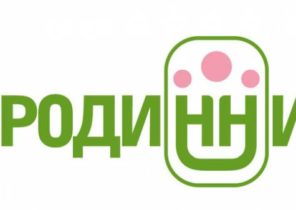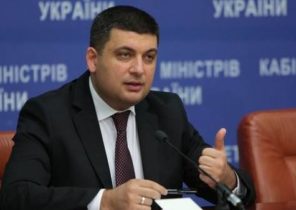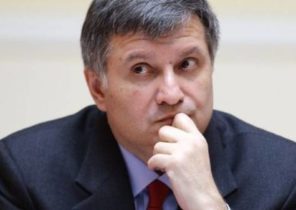
Film Director Oliver stone criticized for the fact that he asked Russian President Vladimir Putin is too simple and safe questions. The journalist of the TV channel NBC Megyn Kelly (Megyn Kelly) criticized for the fact that she was asking the tough questions to Putin, which Putin is, however, easily ignored. So how do you need to interview Putin to meet critics demanding?
I never interviewed the Russian leader, although I met him during his first presidential term, when I was the chief editor of daily business newspaper in Moscow. Based on my own experience and reading and watching countless interviews with Putin, I can say that no one will do the job it is much better than Russian voters during the “Straight line”. They ask questions such as: “Why my salary as a primary school teacher in Irkutsk so small?” or “Where’s my new apartment that was promised to me as suffered from the floods?” It is easy to imagine how local officials are strained at the moment when Putin promises to check specific cases.
If Putin talks with professional journalists, his answers — it seems that for many years they are taken from one pre-prepared decks have the same function. All signals and messages addressed to people not present, but they are only minor signals in comparison with that, in fact, Putin is doing.
Does not make sense to judge a journalist or a Director what he or she wants to know if Putin, or the way he responds. Putin’s interaction with the audience is always, in essence, is one-sided, and although it may seem that he responds to his interlocutor, he, in fact, no contact to the interviewer or the people who ask him questions during the carefully staged “straight lines”, or press conferences, he uses them. All they can do in response is try to use it — in order to get money to raise their status or try to resolve some vital question.
The first detailed interview Putin gave in 2000 before he was elected President and asked him a question three Russian journalists — Nataliya Gevorkyan, Natalya Timakova and Andrei Kolesnikov. These interviews were then published in book form and was used during his campaign. Putin was qualified operational officer, however, he had little experience with the press, and therefore some traits of his personality became known to the public. For example, he told the amazing story about how, as a boy, he cornered the rat, which, being in a desperate situation, attacked him with such fury that he was compelled to escape. I believe that this book and it makes sense today to go back in order to understand the roots of Putin’s actions, but at the time, “armor” Putin was as thick as the shell of the Kamchatka crab. And then she became even thicker.
In September 2000, after about six months of his presidency, Putin answered numerous questions from remarkable television journalist Larry king. By this time Putin has already accumulated some experience. Among a set of standard answers was a story about the opposition of Russia against us missile defense in Europe; it is almost literally repeated this in a conversation with Oliver stone in 16 years. The only mistake is so considered, then many — happened in the moment when king asked him about what happened with the “Kursk” Russian submarine sank together with his team in the Barents sea. “She drowned,” said Putin with a curdling cynicism and quiet.
Today, I don’t think it was a mistake on his part. In his most recent interview, Kelly and stone, Putin did not hide their sexist and homophobic views. In the case of Kelly, it was his condescending tone, and an optional reference to her children; and in the interview with stone, he made an ironic remark about the fact that he has no bad days, because he’s not a woman; and he recalled the possession of the judo — in case if it will fit in the shower gay. All these tasteless jokes readily cited as if they are able to say something about his personality. Putin, however, doesn’t make them naïve — he knows that they cause one to shudder enlightened Westerners. Putin can afford to be brash and insensitive. In his opinion, it is well protected from comments that could cause irreparable damage to Western policy. It’s even like his American fans — at least those with whom I was able to talk, and this happens because he ignores political correctness.
I can’t recall a single interview or public appearance, during which Putin would reveal something accidentally, or under pressure. He had different editors of publications — from the Wall Street Journal newspaper to the German Bild tabliod, and he asked pointed, tricky, fake, soft, pseudonimie questions. He holds a four-hour press conference and a five-hour “direct line”. In each case he without any emotion, happy pre-prepared performance for a specific audience. His acting always intentionally, but its deviation from the facts is intended to strengthen the message.
When the interview Putin take foreign journalists, his audience becomes the government, the political establishment of these countries and, to a lesser extent, the home audience that expects it to confront the West. His message to the foreign leaders have not changed for 17 years, and it is formulated so: “Russia is a sovereign power with a set of traditional interests, and it is in any case will be guided by them; but Western countries can’t speak to Russia that it needs to do.”
In the case of press conferences and “straight lines” we are talking about local officials and the basic electorate of Putin, that is about the people who believe in the good king and the paternalistic state. Putin’s message to their address also changed: “I Have everything under control, I’m interfering in any question of government, no matter how insignificant it might be-and doing it on behalf of my loyal subjects.”
Since coming to power, Putin remains absolutely predictable in terms of its key messages. Taking his interview, the journalist can only hope that Putin is using a new expression or a little talk about his carefully concealed personal life. He told the stone that became a grandfather — like juicy details were unavailable for the Russian media. This caused jealousy among some Russian journalists, and one of them complained that the filmmaker and “star of the American cinema” received “more information about the personal life of Putin, the Russian President has provided for all time of its stay in power any journalist with a Russian passport”.
Stone said that he was extremely polite with Putin in exchange for the unexpected access, which was granted him. Almost 17 years no journalist had the opportunity to look under the shell of the Kamchatka crab. Some journalists saw sports trainers, which has been Putin, his club, computer on his Desk. They looked into his mocking eyes narrowed. But Putin never relaxed nor reduced level of control. You can try to guess his mood and to trace the variations of its messages, but it’s almost nothing. The most important lesson for understanding Putin is based on long — known rule is judged not by words but by deeds. And these things and you need to carefully study and interpret, no matter how spectacular and attract the attention of his interview.
Held on Thursday, the “Straight line” had one unusual distinguishing characteristic — not been subjected to censorship SMS messages, which were displayed on television screens. Some of them were tough: “Why would you impose an authoritarian regime a country that is becoming totalitarian?” Or again: “do You really think that people believe in this circus with pre-agreed questions?” Putin said one of the presenters, saw these questions on the screen, but he made no attempt to answer them. The end result was typical of Putin’s interview — templated reaction that I hear from time to time. Whether the difference between such a reaction and silence in order to interview the Russian President? Well, maybe to brag.
Expressed in this commentary views do not necessarily reflect those of the editorial Board, Bloomberg LP and its owners.







